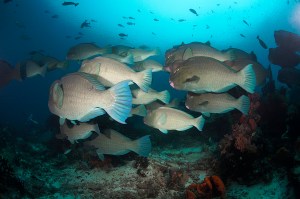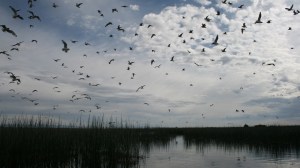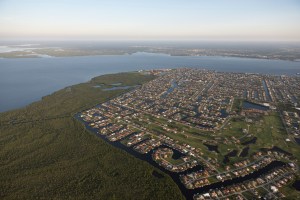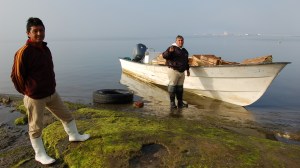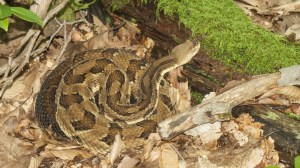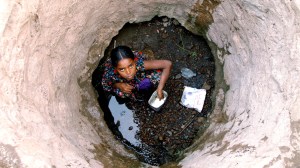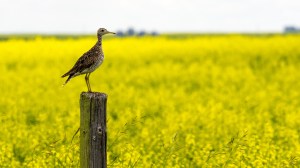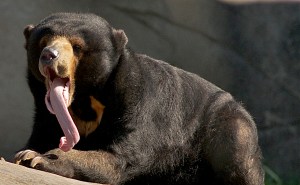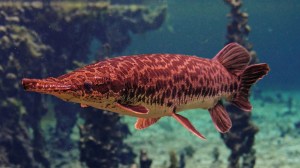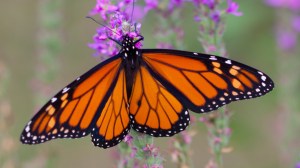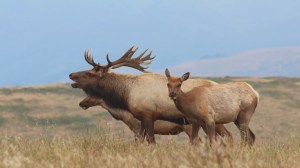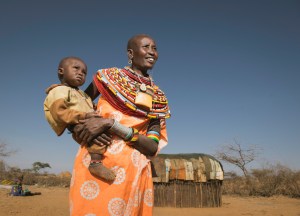Discover stories in Conservation Science
Hyperstability: The Achilles’ Heel of Data-Poor Fisheries
New research indicates that hyperstability — when catches remain high even as fish are rapidly depleted — could be a major challenge for assessing data-poor coral reef fisheries.
A Cruise to a Nesting Ibis Colony
Wetlands for nesting, farms for forage: the combination is ideal for wading birds. White-faced ibis, in particular, need areas like Mud Lake in Idaho like rivers need rain.
The Effectiveness, Costs and Coastal Protection Benefits of Natural and Nature-Based Defenses
A global synthesis of field measurements shows that coastal habitats – particularly coral reefs and mangroves, can be physically and economically effective at protecting coastlines.
Local Fishing Groups Hold the Tools for Sustainable Fishing, but Need the Strength of Property Rights
If fishers don’t have property rights to fisheries, what’s to stop someone else from overharvesting the resource? One solution is fisheries cooperatives. But are they working?
Recovery: Saving Timber Rattlesnakes, Why Wildlife Recovery Isn’t a Popularity Contest
You know you’ve arrived as a naturalist when you support saving timber rattlesnakes. Ted Williams reports.
10 Unexpected Impacts of Climate Change
Climate change will affect your health, your sports, even what you drink. A look at some of the more unexpected impacts.
Cows and Grassland Birds: Can They Get Along?
What effect does grazing have on grassland birds? It may not be what you think.
Weird Conservation Part 2: The Even Stranger Side of Saving Endangered Species
Conservation gets weird, yet again. Read on for tales of lizard robots, bird deodorant, and atomic bombs.
6 Great New Books for the Fish Nerd’s Library
Looking for something more than the usual fish story? We have you covered with books on gars, sturgeons, freshwater tropical fish and more.
The Four Biggest Hazards Facing Monarch Butterflies, and How You Can Help
A recent scientific paper argues that monarch butterflies are at risk of “quasi-extinction.” But what does this mean? Our blogger breaks down the issues facing butterflies.
Recovery: Mending Point Reyes, a Park Impaired by Invasive Mammals
Point Reyes National Seashore is recovering from an unusual invasive threat: non-native deer. Ted Williams reports.
Measuring Conservation Impact on Human Well-being in Kenya’s Rangelands
Who are the people impacted? Are people better or worse off? What are the implications for conservation? These are simple questions, but they matter.
